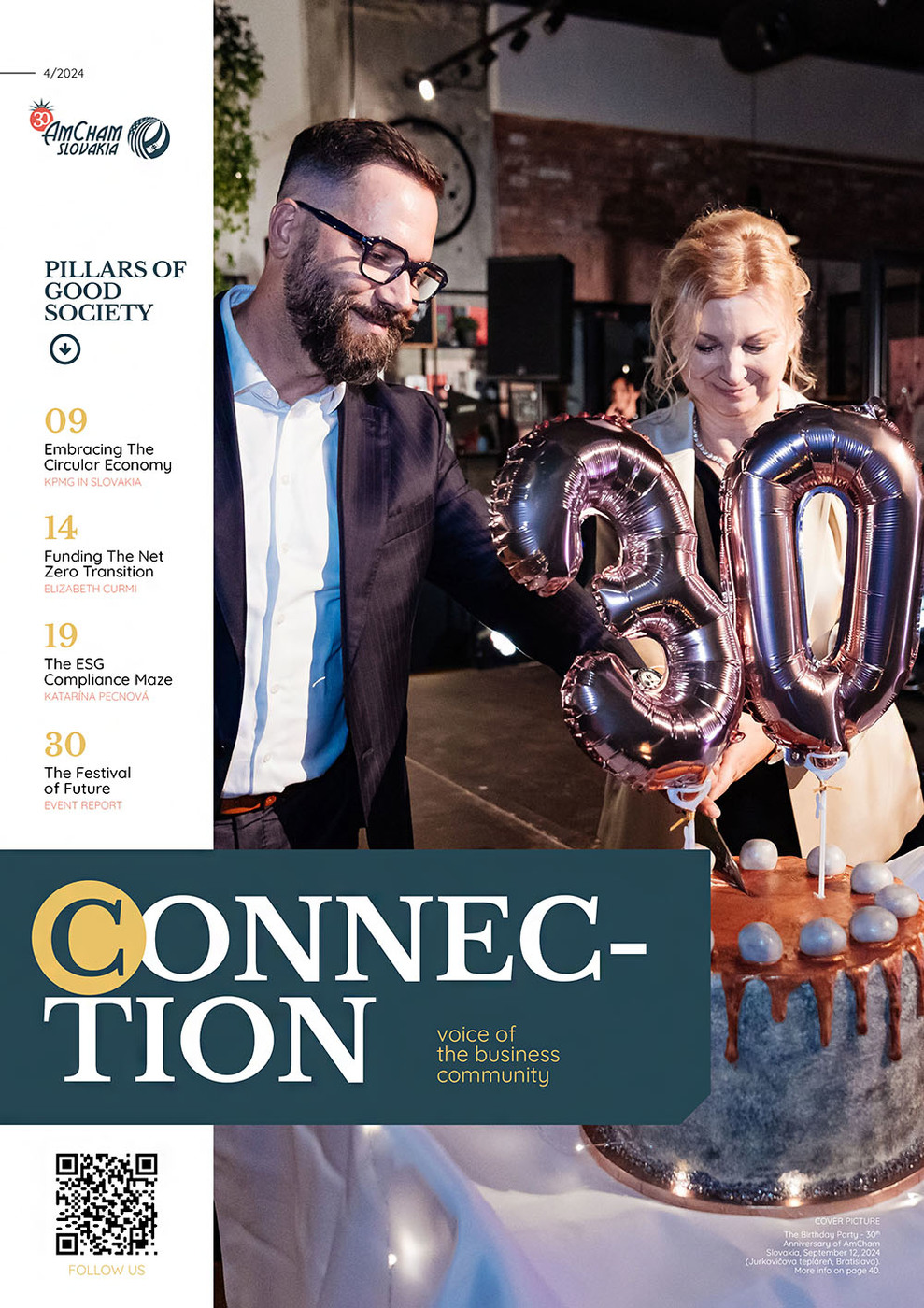Historical Background & Current Involvement
The country’s involvement in space exploration dates back to the 1970s, with its contributions solidified when Slovak astronaut Ivan Bella joined the Mir space station crew in 1999.1 Today, Slovakia continues its commitment to the space industry through participation in international missions such as Rosetta, BepiColombo, JUICE, and JEM-EUSO. These initiatives are supported by Slovakia’s research institutions, state funding, and universities, contributing to R&D in the sector.

The Slovak space industry is currently a home to over 45 companies employing more than 500 individuals and generating over 108 million EUR in revenues.2 These companies are engaged in both upstream activities, such as the development of spacecraft components and satellite technologies, and downstream activities that involve software applications leveraging Earth observation and positioning data.3
While the majority of space-related revenues comes from downstream applications, the upstream segment is gaining traction, underscoring the country’s capabilities in data-driven solutions.
International Cooperation with European Space Ecosystem
The Slovak Space Office plays a pivotal role in shaping Slovakia’s space ambitions, acting as a bridge between domestic stakeholders and international space organizations, including the ESA. Through its association with ESA, Slovakia participates in a range of programs, tenders, and supply chains, fostering collaboration and knowledge exchange within the European space community.
The RPA program, a tailored initiative for Slovak entities, provides essential support for infrastructure development and capacity building across various ESA domains.
The country is committed to a rigorous analysis of its readiness and alignment with ESA’s goals. The potential benefits of full membership are significant, including increased access to more ESA programs, resources, and expertise.
Legal Insight
In April 2024, the government approved a legislative intent for a bill on the Regulation of Space Activities4 [Slovak Space Act]. This legislation aims to remove the current legal vacuum, create appropriate regulatory structures, and promote the active development of space activities in Slovakia.
The proposed Slovak Space Act will establish mandatory licensing and registration for space operations conducted by Slovak entities. As well as establishing supervision, sanctions and regulation of liability and a right of recourse. It will create a national register of space objects and define the roles of government authorities in supervision. The legislation covers all regulated space activities, including launching, operating, controlling, and decommissioning space objects.
The Slovak Space Act will introduce strict safety and environmental standards aimed at minimizing the generation of space debris and ensuring the long-term viability of space operations. This includes requirements for operators to manage end-of-life disposal of space objects and to implement measures, in line with international guidelines.
Operators will be required to maintain adequate insurance coverage, which not only protects against potential financial losses but also reinforces the accountability of Slovak entities participating in space operations. The Slovak Space Act is expected to come into force on 1 January 2025.
An important non-legislative document here is the Space Strategy for Slovak republic for year 2030+5 which recognizes strategic partnerships, especially joint ventures with established foreign companies, to offer significant opportunities for knowledge sharing, technology transfer, and market access. By balancing public and private funding, fostering innovation, and creating a conducive environment for business, Slovakia aims to achieve its ambitious goals in the space sector.
Challenges presented
Despite the promising outlook, Slovakia’s space industry faces several challenges, including high development costs, technological complexities, and stringent regulatory requirements. The competitive nature of the global space market requires Slovak companies to continuously innovate to maintain their relevance.
As the country moves towards full ESA membership by 20296, the country is preparing for increased access to ESA programs, resources, and expertise, positioning itself for long-term success in the global space market.
Forward-Looking Conclusion
Slovakia’s proactive approach in developing a dedicated legal framework for space activities represents a significant step toward solidifying its role in the space industry. The ongoing legislative efforts, coupled with strategic investments and international cooperation, position Slovakia to be a relevant, if not significant, player in the future of European and global space exploration.
***
- Ivan Bella www.supercluster.com/astronauts/ivan-bella
- Space Industry in Slovakia sario-space-industry-in-slovakia-2021-02-11_online.pdf
- Space Industry in Slovakia sario-space-industry-in-slovakia-2021-02-11_online.pdf
- The Act on Regulation of Space Activities www.slov-lex.sk/legislativne-procesy/-/SK/dokumenty/LP-2024-344
- Space Strategy for Slovak republic 2030+ www.slov-lex.sk/legislativne-procesy/SK/LP/2024/206
- New trends in the Slovak Space Area | DLA Piper
Michaela Stessl, Country Managing Partner, DLA Piper



Follow us